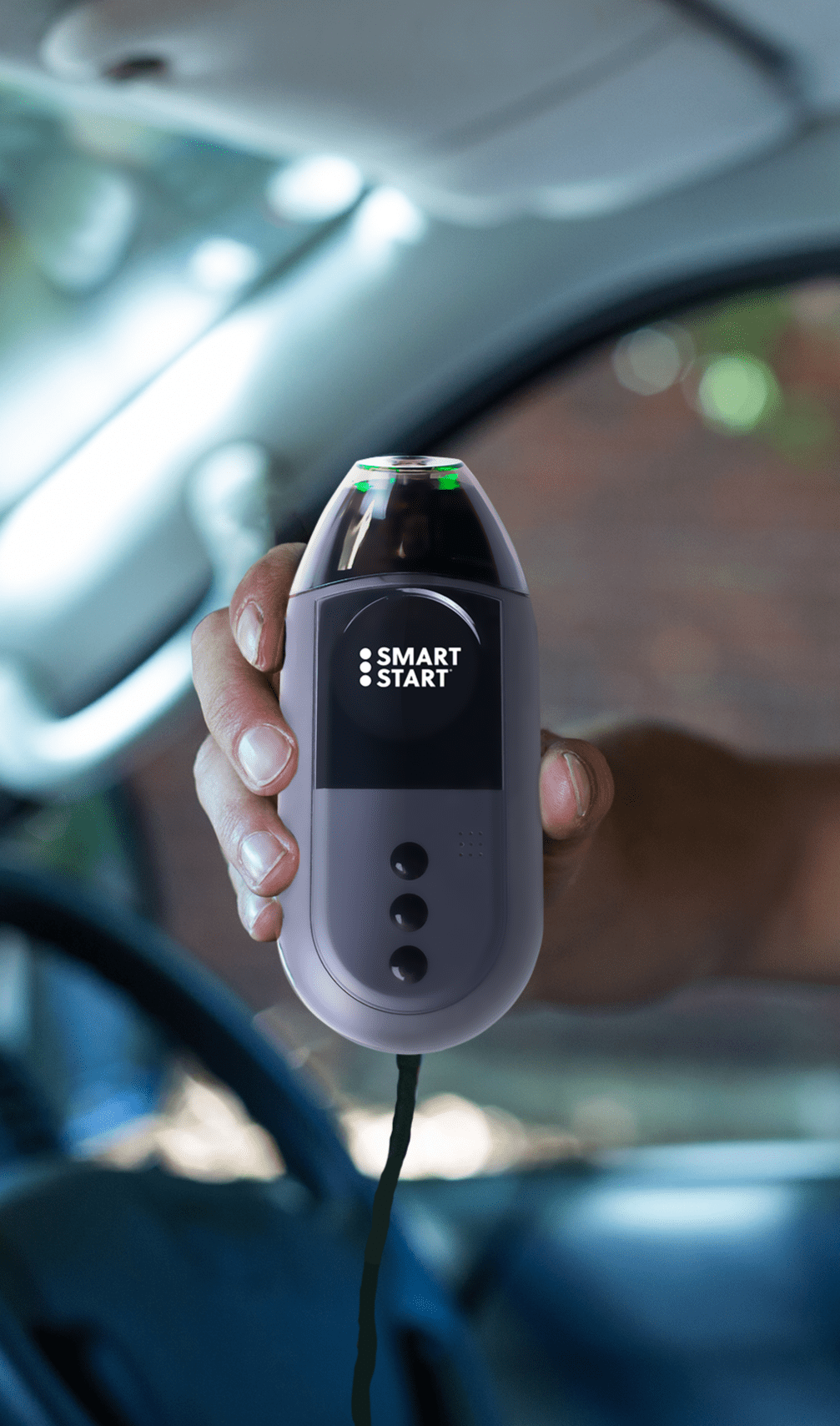Your First DUI in Tennessee: What to Expect
Nobody expects to come home with a DUI when they head out for a night on the town. Yet many people will wake up the next day with something much worse than a hangover: their first DUI in Tennessee.
What should you expect when you’ve been charged with a first offense DUI in Tennessee? Ahead, we’ll provide general information about what Tennessee law requires, and some of the steps you might have to take to get back on the road.
Understanding DUI Laws in Tennessee
The Definition of a DUI in Tennessee
Here’s the definition of a DUI in Tennessee, straight from the Tennessee Code:
- It is unlawful for any person to drive or to be in physical control of any automobile or other motor driven vehicle on any of the public roads and highways of the state, or on any streets or alleys, or while on the premises of any shopping center, trailer park, or apartment house complex, or any other premises that is generally frequented by the public at large, while:
- (1) Under the influence of any intoxicant, marijuana, controlled substance, controlled substance analogue, drug, substance affecting the central nervous system, or combination thereof that impairs the driver’s ability to safely operate a motor vehicle by depriving the driver of the clearness of mind and control of oneself that the driver would otherwise possess;
- (2) The alcohol concentration in the person’s blood or breath is eight-hundredths of one percent (0.08%) or more; or
- (3) With a blood alcohol concentration of four-hundredths of one percent (0.04%) or more and the vehicle is a commercial motor vehicle as defined in § 55-50-102.
That’s a pretty comprehensive definition — and it’s worth noting that it applies not just to roads and highways, but to parking lots and residential complexes.
Blood Alcohol Content (BAC) Limits in Tennessee
Like most states, Tennessee sets its DUI limit at .08. That means anyone driving with a BAC of .08 or higher is considered to be driving under the influence. Due to a recent law change, Tennessee also imposes tougher conditions for people caught driving with a BAC of .15 or above, including mandatory time in jail.
Consequences of a First Offense DUI in Tennessee
Fines and Penalties
According to the Tennessee Department of Safety and Homeland Security, the fine imposed for a first-time DUI can be anywhere from $350 to $1,500, at the court’s discretion. However, when you include bail, towing, attorney fees, court costs, and the other costs associated with a DUI, the State estimates that even first-time offenders will often pay as much as $4,900. If your DUI has aggravating circumstances, such as a tested BAC over .15 or a minor in the vehicle, you could be required to pay substantially more.
Jail Time
A first offense DUI in Tennessee comes with a mandatory minimum jail sentence of 48 hours, although the sentence can technically be as long as 11 months and 29 days. If your BAC was above .15 when tested, a recently implemented Tennessee law imposes a mandatory minimum jail sentence of seven days. If you spent time in jail before posting bail, that time may be credited as “time served” by the judge.
License Suspension and Driving Restrictions
If you refuse an authorized BAC test from a law enforcement officer during a traffic stop, your license will be suspended and confiscated on the spot. This suspension applies in addition to any period of time that the court might suspend your license for later.
When you’re convicted of a first offense DUI in Tennessee, your driver’s license will be suspended for one year following the conviction date. However, you might be eligible to apply for a restricted license if you get an Ignition Interlock Device installed on your vehicle.
Alcohol Treatment and Other Penalties
At the court’s discretion, you might be required to fulfill other conditions and penalties, including:
- Drug and Alcohol Treatment: You might be required to get a professional drug and alcohol assessment and/or to participate in treatment programs or classes. You’ll be responsible for the cost of this program, and you’ll need to take it through a program vendor approved by the State of Tennessee.
- Community Service: Many jurisdictions require first-time DUI offenders to complete community service with an approved organization.
- Victim Impact Panel: You may also be required to attend a Victim Impact Panel sponsored by Mothers Against Drunk Driving, which helps educate drivers about injuries and deaths caused by intoxicated driving.
These conditions are usually considered “probation,” meaning that if you fail to fulfill them, a judge can require you to serve your original sentence. Consult your lawyer for more information on how you can meet the conditions of your DUI probation.
How a DUI Affects Insurance Premiums
Getting a DUI will almost always raise your vehicle insurance premiums. How much your premiums increase depends on your previous driving record and the circumstances of your DUI.
SR-22 Insurance Requirements in Tennessee
As part of the requirements to restore your license (see below), you’ll usually be required to obtain an SR-22 insurance certificate. An SR-22 isn’t a type of insurance itself, but rather a certificate that proves to the government you’re carrying the required amount of liability insurance.
The court will determine how long you’re required to maintain your SR-22 for. Costs and required insurance amounts can vary widely, so you’ll need to check with your insurance carrier to determine how much you’ll pay.
Moving Forward After Your First DUI in Tennessee
Applying for Your Restricted License
According to the State of Tennessee’s DUI offense information, a first offense DUI in Tennessee comes with an automatic one-year driver’s license suspension. However, most people on their first DUI can apply for a restricted license, which allows the driver to operate their vehicle with certain restrictions on where and when they can drive. Usually, this will allow you to drive to school, work, and drug and alcohol treatment services.
In many cases, you’ll be required to install an Ignition Interlock Device on your vehicle as a condition of getting your restricted license. This device connects to your vehicle’s ignition and requires the driver to blow into an alcohol sensor before it allows the engine to start. You’ll need to pay your own costs for the Interlock Device, and for a first-offense DUI, you’ll be required to keep the Interlock installed for a year.
Restoring Your Full Tennessee Driver’s License
When you’ve completed the conditions of your program, you’ll be able to apply for reinstatement of your full driver’s license. You’ll need to submit compliance documents to the State proving you’ve fulfilled your obligations, as well as paying fees that can include (but aren’t necessarily limited to):
- $100 reinstatement fee
- $50 SR-22 filing fee (if required)
- $75 fee if you failed to surrender your license when required
- $3 certification fee (if the violation occurred in Tennessee)
- All normal fees associated with applying for a driver’s license
A DUI is always a trying part of life, and it often comes with real pressure on your finances and lifestyle. Ignition Interlock Device requirements can be among the biggest financial and logistical challenges of a DUI — but Smart Start is here to help. Talk to one of our Program Advisors today to learn about our affordable and convenient options for getting an Ignition Interlock Device.
Schedule an Installation
Get a quick and easy IID installation with Smart Start! Get started today!
¡Obtenga una instalación rápida y fácil de IID con Smart Start! ¡Empieza hoy mismo!
"* (required)" indicates required fields
Disclaimer







